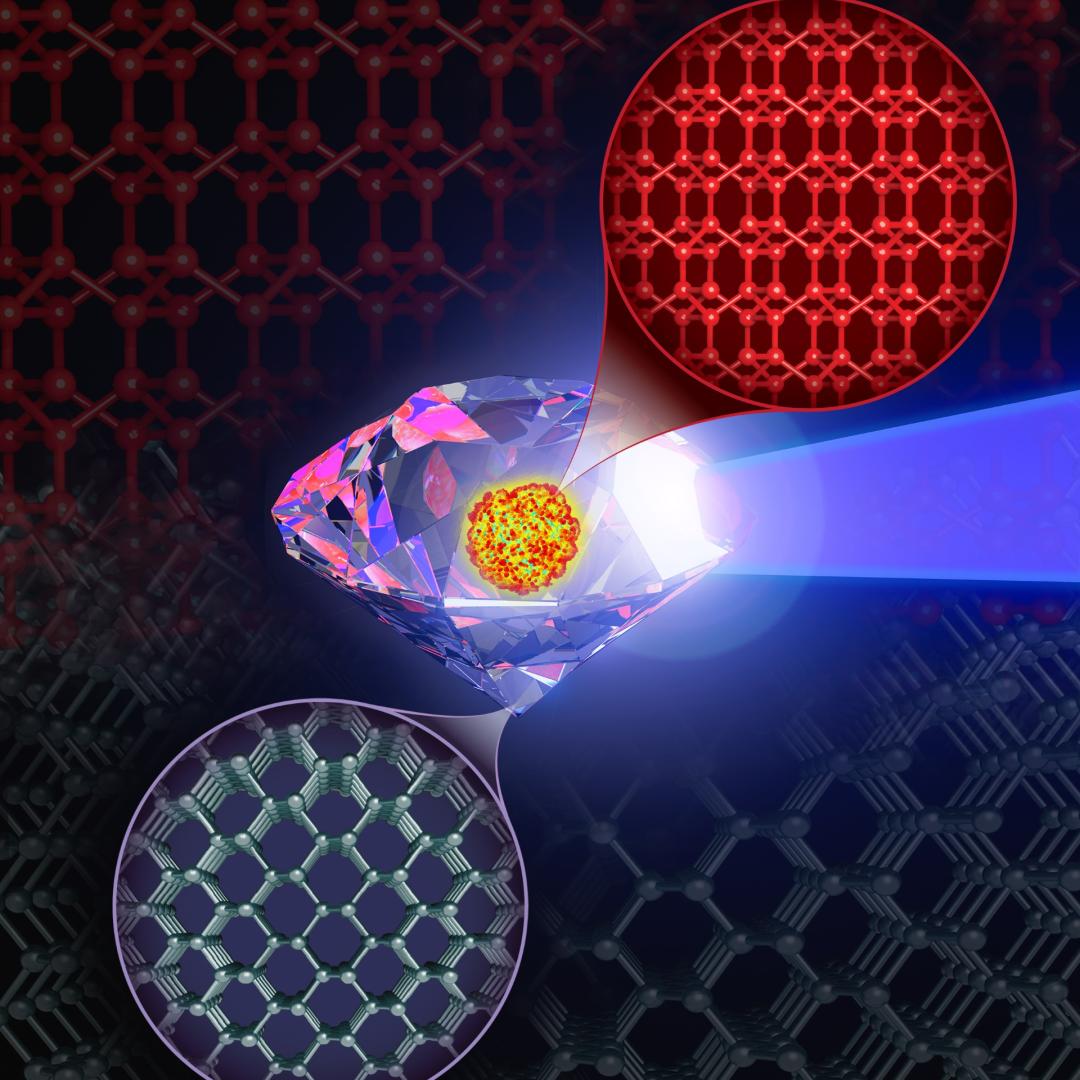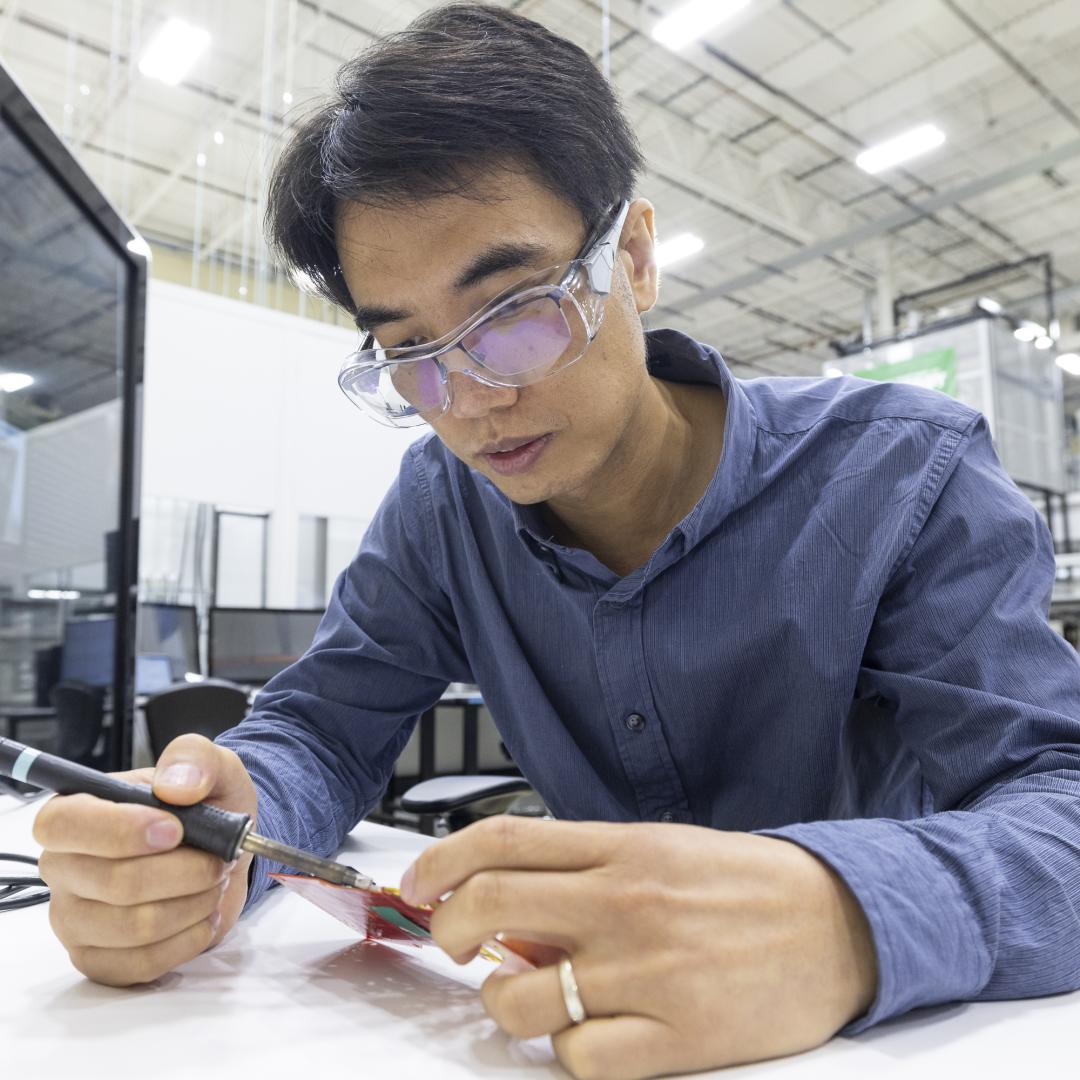
Filter News
Area of Research
- Advanced Manufacturing (6)
- Biology and Environment (29)
- Building Technologies (2)
- Clean Energy (94)
- Climate and Environmental Systems (1)
- Computational Biology (1)
- Computational Engineering (3)
- Computer Science (7)
- Energy Sciences (2)
- Fusion and Fission (3)
- Fusion Energy (1)
- Isotopes (3)
- Materials (37)
- Materials for Computing (5)
- Mathematics (1)
- National Security (16)
- Neutron Science (13)
- Nuclear Science and Technology (3)
- Quantum information Science (2)
- Renewable Energy (1)
- Supercomputing (27)
News Type
News Topics
- (-) Biomedical (28)
- (-) Clean Water (15)
- (-) Cybersecurity (20)
- (-) Energy Storage (72)
- (-) Hydropower (6)
- (-) Machine Learning (24)
- (-) Mercury (5)
- (-) Sustainable Energy (75)
- 3-D Printing/Advanced Manufacturing (74)
- Advanced Reactors (23)
- Artificial Intelligence (43)
- Big Data (24)
- Bioenergy (39)
- Biology (39)
- Biotechnology (10)
- Buildings (31)
- Chemical Sciences (38)
- Climate Change (44)
- Composites (18)
- Computer Science (97)
- Coronavirus (28)
- Critical Materials (23)
- Decarbonization (27)
- Education (3)
- Element Discovery (1)
- Environment (79)
- Exascale Computing (10)
- Fossil Energy (2)
- Frontier (16)
- Fusion (23)
- Grid (36)
- High-Performance Computing (39)
- Irradiation (2)
- Isotopes (23)
- ITER (5)
- Materials (92)
- Materials Science (83)
- Mathematics (2)
- Microelectronics (1)
- Microscopy (27)
- Molten Salt (7)
- Nanotechnology (38)
- National Security (21)
- Net Zero (5)
- Neutron Science (76)
- Nuclear Energy (45)
- Partnerships (28)
- Physics (28)
- Polymers (21)
- Quantum Computing (13)
- Quantum Science (36)
- Renewable Energy (1)
- Security (12)
- Simulation (15)
- Space Exploration (13)
- Statistics (2)
- Summit (27)
- Transformational Challenge Reactor (4)
- Transportation (60)
Media Contacts
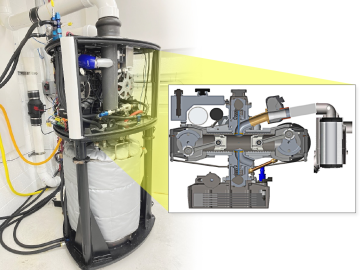
ORNL researchers, in collaboration with Enginuity Power Systems, demonstrated that a micro combined heat and power prototype, or mCHP, with a piston engine can achieve an overall energy efficiency greater than 93%.
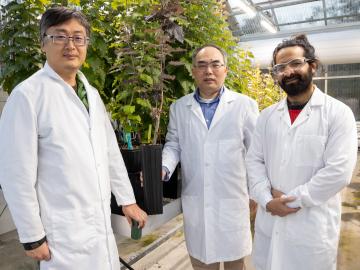
In a discovery aimed at accelerating the development of process-advantaged crops for jet biofuels, scientists at ORNL developed a capability to insert multiple genes into plants in a single step.
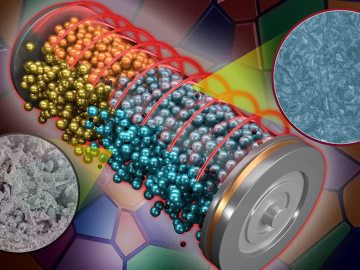
ORNL scientists found that a small tweak created big performance improvements in a type of solid-state battery, a technology considered vital to broader electric vehicle adoption.
Oak Ridge National Laboratory scientists led the development of a supply chain model revealing the optimal places to site farms, biorefineries, pipelines and other infrastructure for sustainable aviation fuel production.
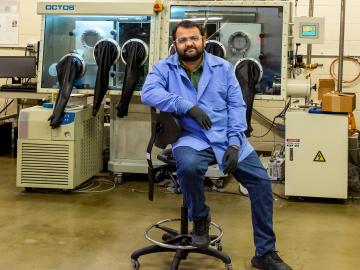
Marm Dixit, a Weinberg Distinguished Staff Fellow at ORNL has received the 2023 Rosalind Franklin Young Investigator Award.
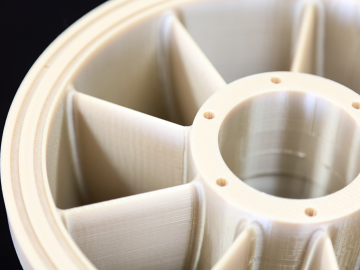
A new report published by ORNL assessed how advanced manufacturing and materials, such as 3D printing and novel component coatings, could offer solutions to modernize the existing fleet and design new approaches to hydropower.
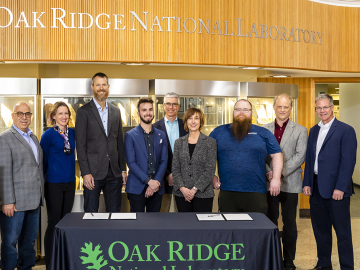
A technology developed at ORNL and used by the U.S. Naval Information Warfare Systems Command, or NAVWAR, to test the capabilities of commercial security tools has been licensed to cybersecurity firm Penguin Mustache to create its Evasive.ai platform. The company was founded by the technology’s creator, former ORNL scientist Jared M. Smith, and his business partner, entrepreneur Brandon Bruce.
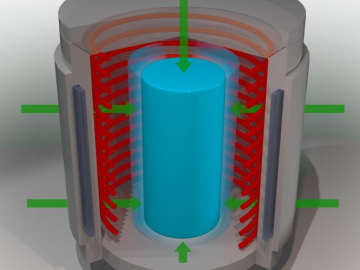
Following months of promising test results, battery researchers at ORNL are recommending that the solid-state battery industry focus on a technique known as isostatic pressing as it looks to commercialize next-generation batteries.
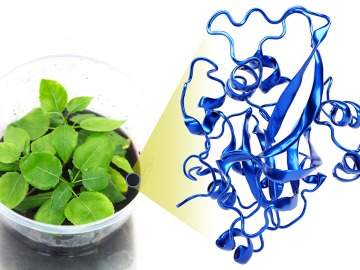
ORNL researchers have identified specific proteins and amino acids that could control bioenergy plants’ ability to identify beneficial microbes that can enhance plant growth and storage of carbon in soils.
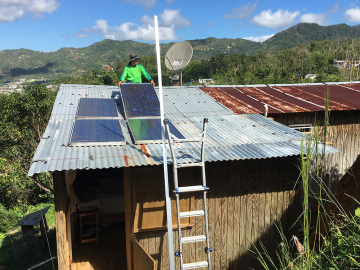
ORNL researchers Ben Ollis and Max Ferrari will be in Adjuntas to join the March 18 festivities but also to hammer out more technical details of their contribution to the project: making the microgrids even more reliable.


